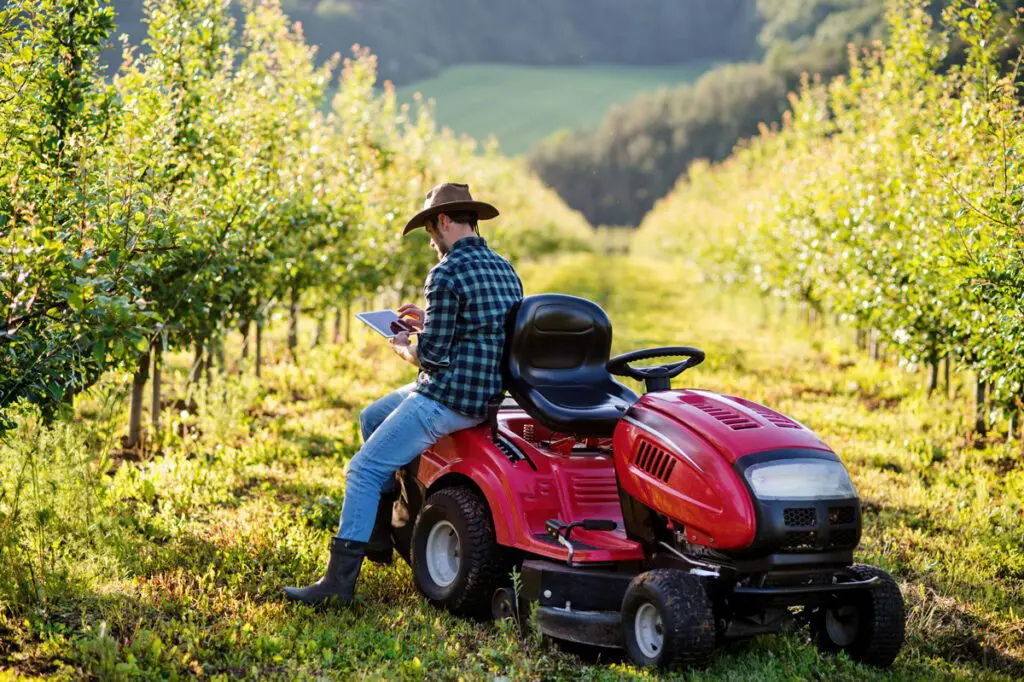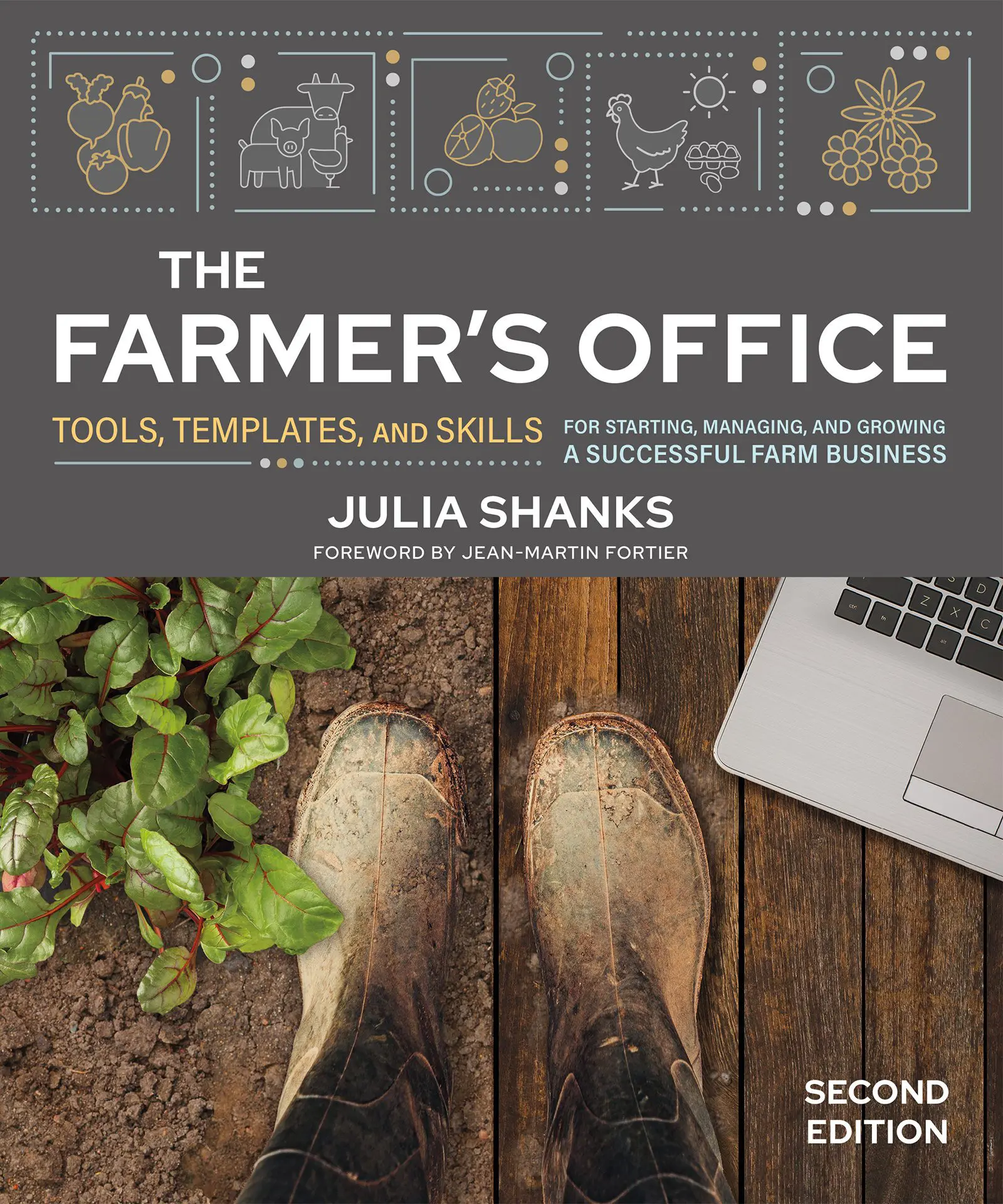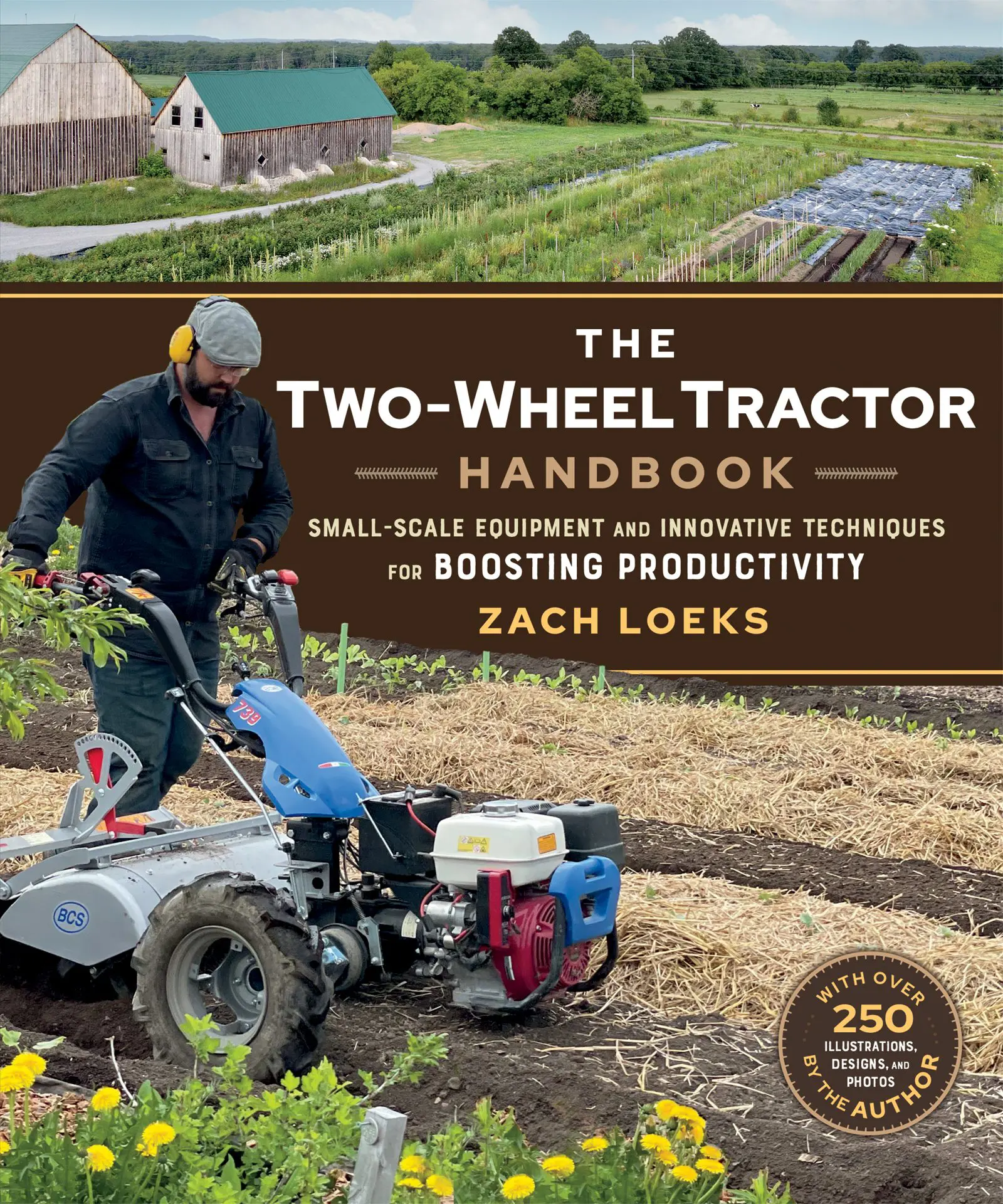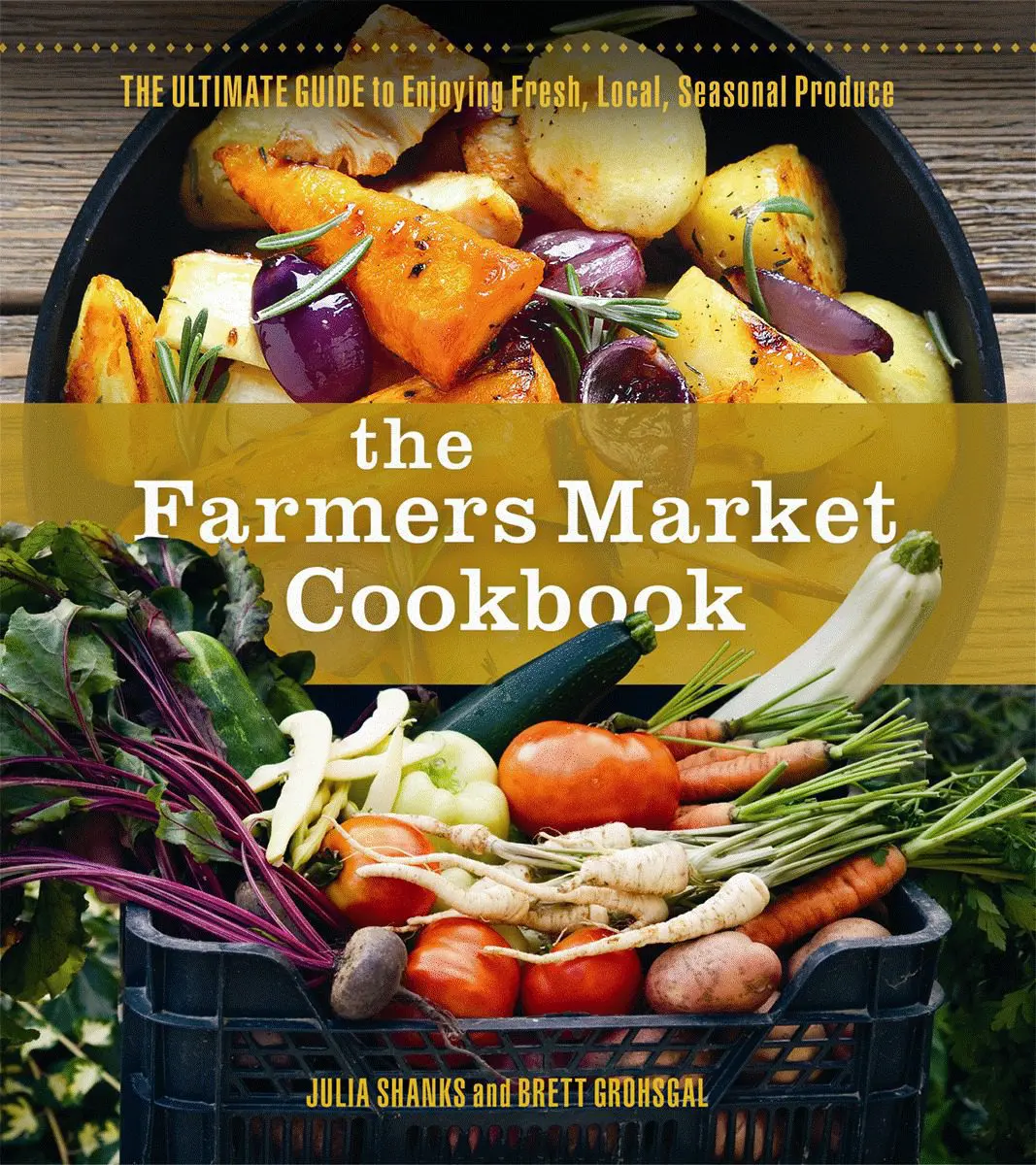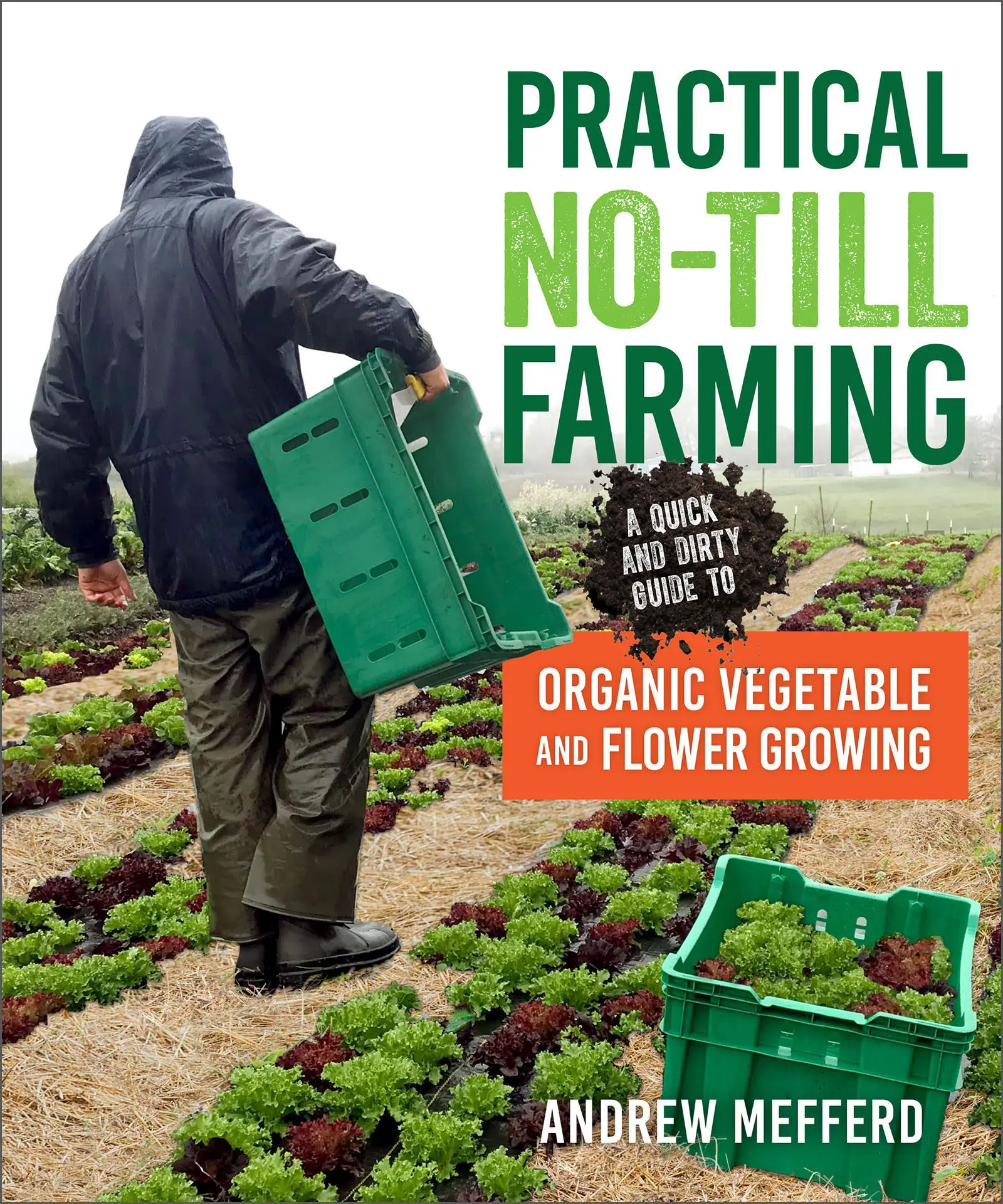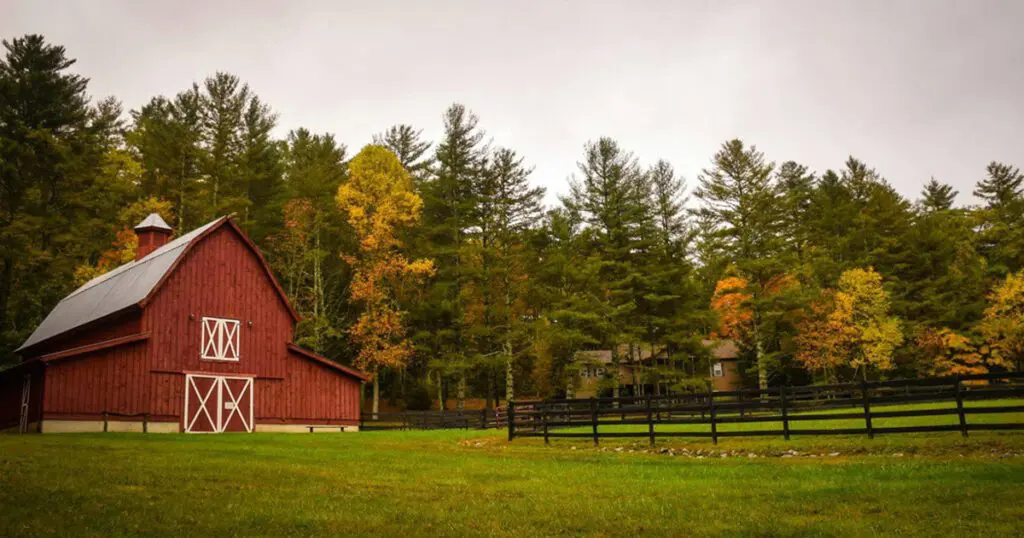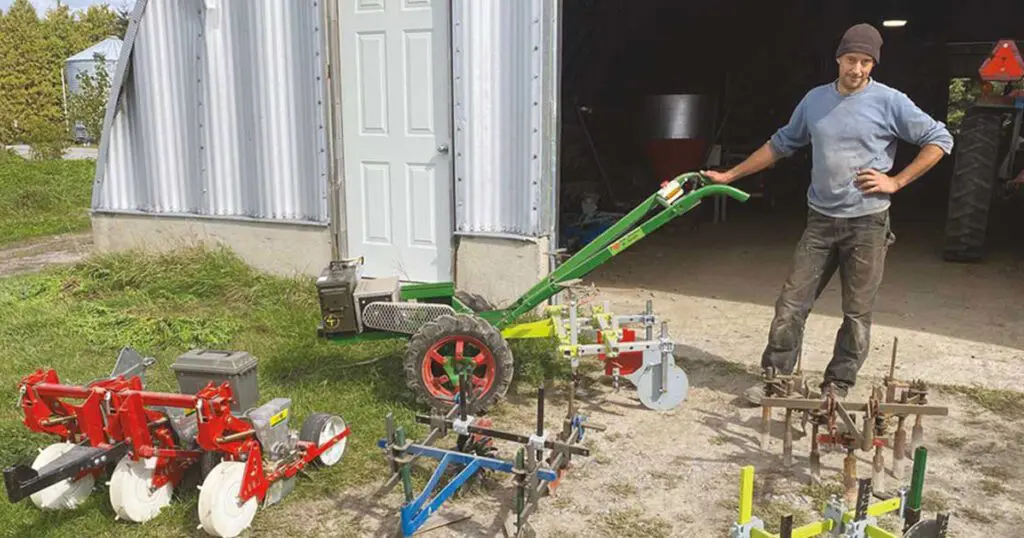
Have you ever wondered what sets super-successful farms apart from others? Julia Shanks knows, and hint: it’s usually not farming skills. Today we asked her three burning questions that she addresses in The Farmer’s Office, The Second Edition.
How did you get into the business of helping farmers?
It certainly wasn’t a direct route, but when I reflect on my childhood and early career, it’s no wonder I landed here.
I grew up in Washington, DC in the 1970s, long before there was a “local food movement.” Every Saturday, a rural farmer would drive to the city, and set up a little farm stand. My mom shopped there every week, stocking up on all the fresh, seasonal produce. When I graduated from culinary school, and returned to DC, I went to my parents “special occasion” restaurant, Restaurant Nora, looking for a job. It turns out, their favorite restaurant was a farm-to-table restaurant. Long before it was trendy, Restaurant Nora was purchasing meats and produce directly from farmers. I can see in hindsight; my mom was cultivating a foodie. As I got older, I came to appreciate how much better local and fresh foods could be, and went to great lengths to get the freshest food possible – whether it was growing tomatoes in my own garden, helping my friend Brett “process” chickens, or digging oysters on the tidal flats of Wellfleet Harbor, MA.
I left the cheffing world in 2008 to launch a food-consulting business. A random conversation with a farmer at a farmers market led me to start working with the Massachusetts Department of Agricultural Resources, helping farmers write business plans, create cash-flow budgets, and get set up in QuickBooks.This work was doubly fulfilling – I could play with numbers and spreadsheets all day (yes, I do love it!) and I could support farmers. And, somewhat selfishly, working directly with farmers gave me easy access to the best foods possible. Bigger picture, I was helping ensure small-scale farmers and market gardeners sustain their businesses and continue to do the good work of nourishing our communities, growing delicious, healthy foods, and being stewards of the environment.

What is the biggest mistake farmers make in managing their business?
I often work with farmers when they’re in trouble, so I see a lot of challenges. If I had to narrow it down to two, I’d offer:
- They focus on revenue, not profit. (And more generally, they don’t learn how to “read” their numbers)
I recall a coaching call with a farmer, Joanna – she knew she was supposed to look at her numbers. And every month, she’d run a profit and loss report from QuickBooks and “look at her numbers.” But she didn’t know what she was supposed to look at and what she was supposed to see. Like many farmers, she understood the revenue and where that number came from. And she looked at the bottom line, that is, the net income. She knew what that number meant too, sort of; but she didn’t really understand what was in the middle (that is, all the expenses, and how they were organized and how they impacted her profits). So when she wanted to grow her business, she focused on growing revenue.
Joanna expanded production and sold more and more. Her revenue increased (as she was her goal) but her profits were flat. She just couldn’t get ahead. No matter how much she sold, his bank balance just wasn’t increasing. The mistake was that she focused on selling her most popular products without realizing it was the least profitable. That is, their cost of production was so high that the volume of sales needed to improve profits was unrealistic. Successful farmers know that sales are meaningless if they don’t lead to increased profits. Selling more, as my client discovered, does not guarantee increased profits. Some of your products will have a higher cost of production than others. You may have products that cost more to produce than what you sell them for. Ultimately, the goal is to increase profits so you can live a sustainable, whole-hearted life… and to get there you need to focus on the products and activities that generate the most profits (regardless of whether they generate the most revenue). - They don’t look at their numbers until it’s too late.
“Too late” is relative… it can mean, looking at your numbers too late in the season. Or so late into a series of missteps that there’s no easy fix.
Even the farmers that ignore the numbers know when they’re getting into a financial hole. They can see their bank account balances running low on cash, and their credit card balances rising. Without digging into the numbers, they focus on selling more with the idea they can sell their way out of trouble. We already know that’s not true. Where this becomes a big problem is that they don’t seek help until they’re at a make-or-break point.
This is a difficult place because it’s not easy to find a quick solution. They need an answer fast (in one case, the farmer had high-interest credit card debt). But the challenge is that we need to organize the numbers so we can see the source of the trouble. Why is the debt increasing? What expenses are out of control? Is it labor or cost of production? Are you pricing your products correctly? Did you take on more debt than you could afford? Is one product line (say, the egg-layers) dragging the whole farm business down? The answers to these questions are in the numbers. And if the numbers are organized nicely in QuickBooks, then it’s easy enough to figure out. But if you ignored your bookkeeping, or did just enough to file your taxes, then it’s hard to see. It takes time (and hard work) to get the numbers organized so that we can find the answer. And during that time, the stress and debt increase, often to unsustainable levels.
Looking at the numbers on a regular basis also allows for course-correction. Let’s say you created a budget for the year, and you expected to sell $1,500 worth of vegetables the first week of May. If you look at your books on a weekly basis, you can see that your revenue fell short and you can do something – you can adjust your budget, or you can hustle for more sales. If you wait to look at your numbers until the end of the year, it’s too late. You can’t do anything to hustle sales, or control expenses.

What are the keys for success for a farm business?
First and foremost: accept that there will be aspects of the work that won’t be fun; in fact, it will suck sometimes. Embrace an entrepreneurial mindset: a set of traits, beliefs, and thought processes that include:
- intrinsic motivation,
- a focus on value creation,
- creativity to problem-solve, and
- the ability to learn from failures.
All these qualities push us to do the things required, even if they suck and make us uncomfortable, to achieve the bigger vision. They motivate us to develop solutions for our customers and business systems, and continually evaluate our products and processes so we can achieve our goals.
Second, and a result of the entrepreneurial mindset, successful farmers understand the economics of their business. They understand their production costs, and the volume of sales needed to achieve their profit goals. They review their numbers regularly to make micro-adjustments – whether it’s to pricing structures, labor management, or production costs.
They have an effective recordkeeping system, regularly analyze the numbers, and maintain nimbleness to adjust/adapt as necessary.
And finally, successful farm-business owners know that if they burn-out working too hard, then they don’t have a sustainable business. They have found a way to generate profits working at a pace they can maintain for the long run.
